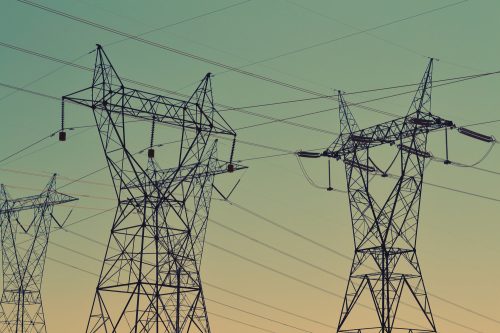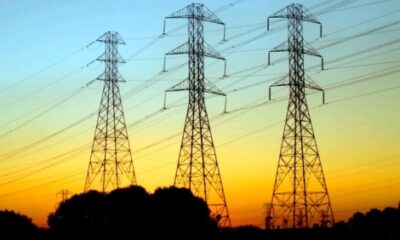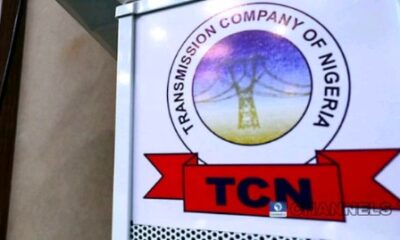The proposed 50 percent interstate transport fare price slash by the Federal Government, initially planned to commence on December 20, 2024, may now begin on December 24.
The slash is aimed at alleviating high transport costs during the Yuletide season.
Recall that the Federal Government, through the Ministry of Transportation, announced last Thursday that it had reached an agreement with stakeholders in the road transport sector to support Nigerians who will be travelling during the holiday season.
The government stated that it would cover 50 percent of the transport fare for travelers, alongside the commencement of free rail transportation for citizens on December 20, 2024.
This initiative, according to the Director of Press and Public Relations, Federal Ministry of Transportation, Olujimi Oyetomi, was part of President Bola Tinubu’s broader effort to provide transportation palliatives for Nigerians celebrating Christmas and New Year.
Oyetomi said that the agreement was signed between the Federal Government and key transport stakeholders, including the National Union of Road Transport Workers, the Road Transport Employers Association of Nigeria, and the Association of Luxurious Bus Owners of Nigeria, among others.
The ministry’s spokesperson explained that under the arrangement, passengers traveling from Abuja and Lagos (Oshodi) to various destinations across the country would pay only half of the usual fare.
A senior official in the transportation ministry, speaking on condition of anonymity, stated that while the rail initiative was set to transport 340,000 Nigerians during and after the Yuletide, details about the road transport component remained unclear.
“The minister will most likely unveil the scheme tomorrow (Monday) at the Eagles Square, and detailed information will be provided accordingly.
“We were supposed to commence on the (December) 20th, but due to some imperfections, it has been delayed. By God’s grace, it should start on Tuesday. However, the MoU and other agreements have been adequately signed.”
When contacted, the Chief Executive Officer of God is Good Motors, Enahoro Ekhae, confirmed signing the MoU but noted that the scheme had not yet started.
“Yes, we indeed signed an MoU, but we are yet to begin the implementation,” he said.
When asked about the delay, he responded, “It is the government that can explain that. We, as GIGM, will begin once we reach an agreement with the government to start.”
Meanwhile, it was learned from the Federal Ministry of Finance on Sunday that the initiative was delayed due to funding challenges.
The programme, which was expected to begin on December 20, has been stalled as transport unions await payments promised under the scheme.
Sources at the finance ministry told one of our correspondents that efforts to secure funding were ongoing, with stakeholders hopeful for a resolution in the coming days.
The initiative, which aims to provide subsidized transportation through partnerships with transport unions, was supposed to start at Eagle Square in Abuja but failed to take off.
“We have signed the MoU, but the minister believes that the transport unions should receive their payments before starting, so that we can maintain accurate records,” a source at the finance ministry explained.
“The transportation minister has been working with the finance ministry to secure the funds, including those for the rail component.”
While the rail part of the initiative continues because it is managed solely by the Federal Government, road transport remains stalled due to the lack of government-owned buses.
“The route involves transportation unions. The Federal Government does not have buses to operate the system. We want the transport unions to take ownership and run the program. They are expected to account for the money given to them, as we have monitoring mechanisms in place,” the source clarified.
Despite ongoing efforts to secure funds, the process has been slow. “He (the minister) has been going to finance. He couldn’t secure the funds. That’s why we couldn’t start.”
The plan includes a payment of 50 percent of the agreed average fare to transport unions for each route, covering road trips from Abuja to state capitals and from Oshodi in Lagos to other destinations.
“The government is supposed to pay the transport unions 50 percent of the average fare we’ve already agreed upon for each route,” the source added.
However, no funds have been disbursed yet, leaving transport unions unable to mobilize. “All transport unions with whom we signed the MoU will have to bring their vehicles to Eagle Square. But no one has received any money yet. Therefore, everyone has been asked to remain on hold.”
The source expressed hope that the issue would be resolved soon. “I believe that as early as tomorrow (Monday) morning, the minister will press the Minister of Finance. The finance minister will understand the urgency, as it’s a directive from the President, and they will find a way to release the funds. Then, the process will begin.”

 BIG STORY3 days ago
BIG STORY3 days ago
 BIG STORY4 days ago
BIG STORY4 days ago
 BIG STORY4 days ago
BIG STORY4 days ago
 BIG STORY4 days ago
BIG STORY4 days ago
 BIG STORY4 days ago
BIG STORY4 days ago
 BIG STORY2 days ago
BIG STORY2 days ago
 BIG STORY3 days ago
BIG STORY3 days ago
 BIG STORY3 days ago
BIG STORY3 days ago
























